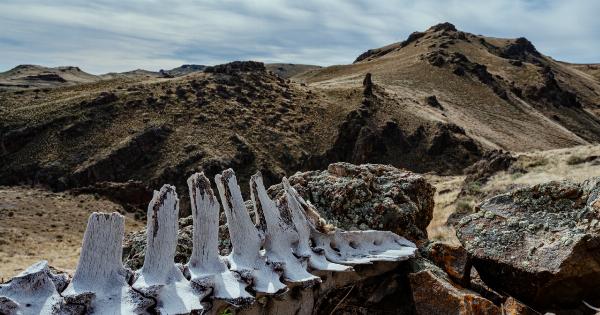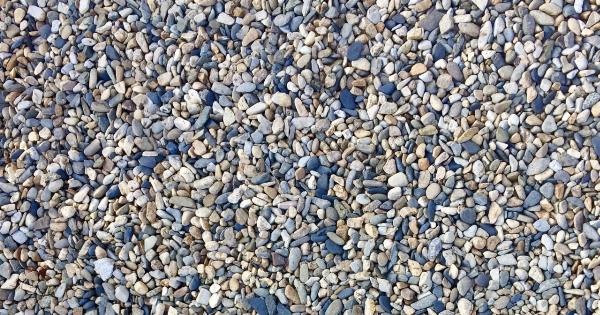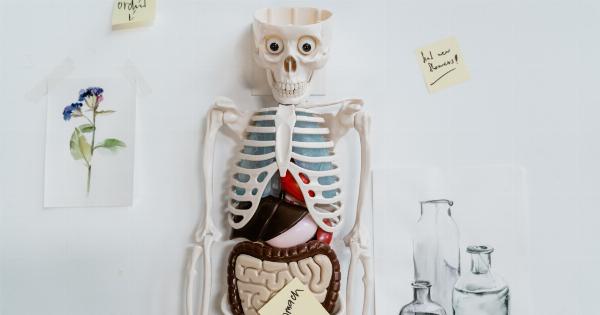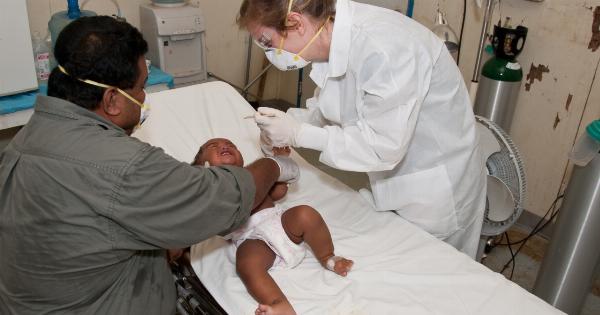UTIs (Urinary Tract Infections) and renal calculi are two common conditions that affect the urinary system. Both can cause discomfort and pain and should be treated as soon as possible.
This article will discuss the causes, symptoms, and treatment options for UTIs and renal calculi.
What is a UTI?
A UTI occurs when bacteria enter the urinary tract and multiply. UTIs can affect different parts of the urinary tract, including the bladder, kidneys, ureters, and urethra.
Women are more likely than men to get UTIs, and they are more common in people over the age of 60.
Symptoms of a UTI
The symptoms of a UTI can vary depending on where the infection is located. Common symptoms include:.
- A strong, persistent urge to urinate
- A burning sensation when urinating
- Frequent urination in small amounts
- Cloudy, dark, or strong-smelling urine
- Pain in the lower abdomen or back
- Fever, chills, or fatigue (if the infection has reached the kidneys)
Causes of a UTI
UTIs are usually caused by bacteria that live on the skin near the anus or in the vagina. These bacteria can enter the urethra and travel up to the bladder, kidneys, or other parts of the urinary tract.
Factors that can increase the risk of getting a UTI include:.
- Being female
- Having a history of UTIs
- Using certain types of birth control (such as diaphragms or spermicides)
- Being pregnant
- Having a weakened immune system
- Having diabetes
Treating a UTI
UTIs can usually be treated with antibiotics, which kill the bacteria causing the infection. Drinking plenty of fluids can also help flush bacteria out of the urinary tract. In some cases, pain relievers may be prescribed to ease discomfort.
If the infection has reached the kidneys, hospitalization may be necessary.
What are renal calculi?
Renal calculi (also known as kidney stones) are hard deposits that form in the kidneys. They can be small or large and can cause severe pain when they pass through the urinary tract.
Kidney stones are more common in men than women and in people over the age of 40.
Symptoms of renal calculi
The symptoms of renal calculi can vary depending on the size and location of the stone. Common symptoms include:.
- Severe pain in the side and back, below the ribs
- Pain that radiates to the lower abdomen and groin
- Painful urination
- Pink, red, or brown urine
- Nausea and vomiting
- Frequent urination
- Fever and chills (if an infection is present)
Causes of renal calculi
Renal calculi are caused by a buildup of minerals and other substances in the kidneys. When these substances become concentrated in the urine, they can form hard crystals. Factors that can increase the risk of developing kidney stones include:.
- A family history of kidney stones
- Dehydration
- Overconsumption of foods high in oxalates (such as spinach, chocolate, and nuts)
- Obesity
- Medical conditions that affect the urinary tract or digestion (such as Crohn’s disease or kidney disease)
Treating renal calculi
Small kidney stones can usually pass through the urinary tract on their own and do not require treatment. Drinking plenty of fluids can help flush out the stone and ease symptoms. Larger stones may require medical intervention, such as:.
- Extracorporeal shock wave lithotripsy (ESWL), which uses shock waves to break up the stone so it can pass more easily
- Surgery to remove the stone
- Ureteroscopy, which involves inserting a scope through the urethra and bladder to remove the stone
Preventing UTIs and renal calculi
There are several steps you can take to lower your risk of developing UTIs and renal calculi:.
- Drink plenty of fluids to flush out the urinary tract
- Urinate frequently and completely
- Wipe from front to back after using the toilet to prevent bacteria from entering the urethra
- Avoid using irritating feminine products
- Avoid foods high in oxalates (if you are prone to kidney stones)
- Exercise regularly and maintain a healthy weight
- Avoid smoking and limit alcohol consumption
Conclusion
UTIs and renal calculi are two common conditions that affect the urinary system. While both can cause discomfort and pain, they can usually be treated with medication, fluids, and lifestyle changes.
If you are experiencing symptoms of a UTI or renal calculi, it is important to see a healthcare provider as soon as possible to receive a proper diagnosis and treatment plan.






























